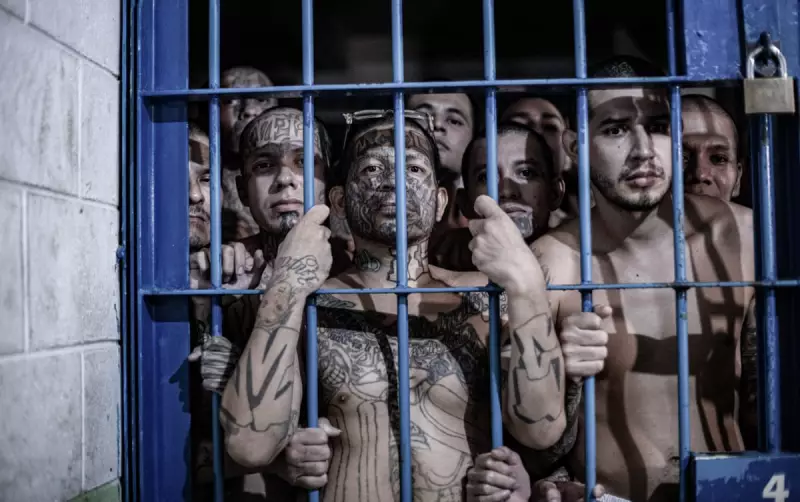
In a stark warning about the state of democracy in Central America, Salvadoran journalists are being forced into exile under President Nayib Bukele's increasingly authoritarian regime. Those who dared to criticise the government now face an impossible choice: silence or escape.
The Price of Speaking Truth to Power
Among the exiled is Gabriela Cáceres, a prominent investigative reporter who received chilling threats after exposing corruption within Bukele's administration. "They told me they knew where my children went to school," she reveals from an undisclosed location abroad. "That was the moment I knew we had to leave."
Her story echoes across the growing diaspora of Salvadoran journalists who have fled what media watchdogs describe as one of the most aggressive crackdowns on press freedom in Latin America.
Legal Harassment and State-Sponsored Intimidation
Bukele's government has weaponised the legal system against critical voices:
- Multiple journalists face dubious criminal investigations for "conspiracy" and "money laundering"
- Media outlets have been raided and equipment confiscated under questionable warrants
- Government officials regularly smear reporters as "terrorist sympathisers" on social media
- State advertising is systematically withheld from critical publications
A Chilling Effect on Democracy
This systematic suppression has created what human rights organisations call a "information black hole" in El Salvador. With independent voices silenced or exiled, Bukele's narrative goes largely unchallenged, making it increasingly difficult for citizens to hold their government accountable.
"When journalists cannot do their work without fear, democracy itself becomes the victim," notes a senior researcher from Amnesty International.
International Response and Future Concerns
While international human rights groups have condemned the situation, concrete action from foreign governments has been limited. Meanwhile, the exodus of journalists continues, leaving behind a media landscape dominated by government-friendly outlets.
For those in exile, the emotional toll is profound. "We're not just losing our careers," one journalist explains. "We're losing our homes, our communities, and our connection to the country we love."
As Bukele consolidates power, the world watches whether this troubling trend represents the new normal for press freedom in the region.





